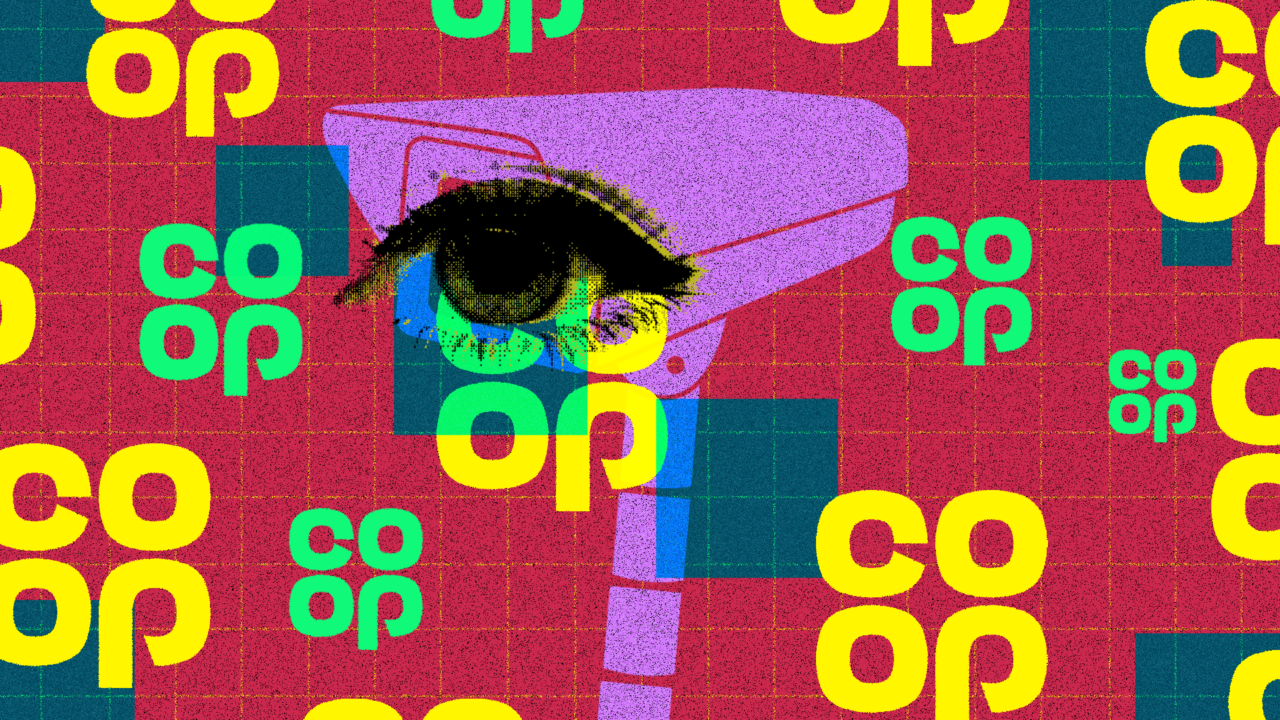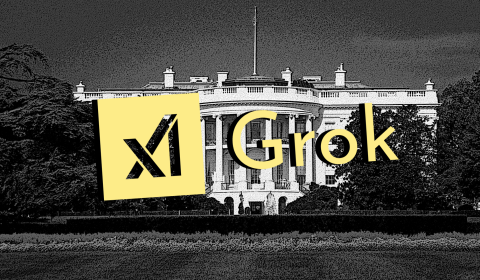The Big Brother Watch is accusing shopping chain Co-Op of misusing facial recognition technology in ‘Orwellian’ policy that matches shoppers against a database without their consent.
Are you a frequent Co-Op shopper? It’s likely you’ve been inputted into a database via facial recognition technology.
Big Brother Watch has sent an official complaint to the Information Commissioner’s Office concerning biometric surveillance technology which is currently in use at 35 Co-Op stores. A camera takes photos of incoming customers faces, which are analysed and converted into biometric data.
This is then compared with a database of people that have stolen from shops or been violent, at least according to the Co-Op.
News that the shopping chain is using technology this advanced to identify everyone who walks through its doors might sound a bit alarming.
A spokeswoman said that while the Co-Op has a ‘watch-list’ of problematic patrons, it does not have a comprehensive record of people with criminal convictions. Instead, it’s simply a reference to anyone who’s been aggressive or broken conduct rules inside Co-Op shops.
The Big Brother Watch isn’t having any of that, mind. It says that there isn’t solid enough legal ground for shops to be using such invasive cameras, describing the approach as ‘Orwellian in the extreme’.
It says that the supermarket was ‘adding customers to secret watch-lists with no due process’, noting that ‘shoppers can be spied on, blacklisted across multiple stores and denied food shopping despite being entirely innocent’.
‘This is a deeply unethical and frankly chilling way for any business to behave’.




















